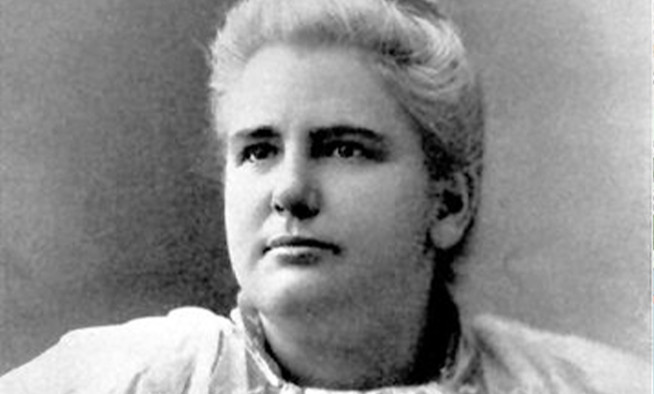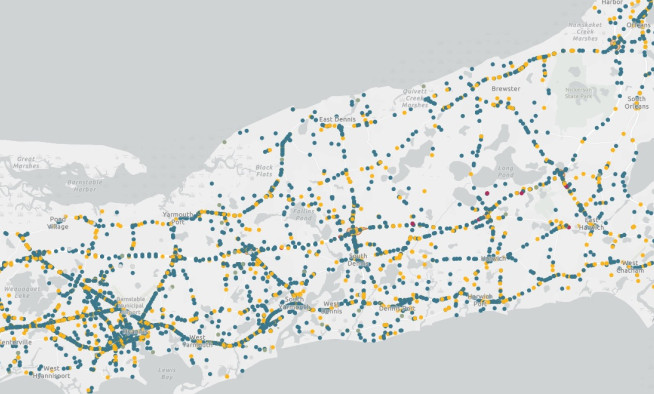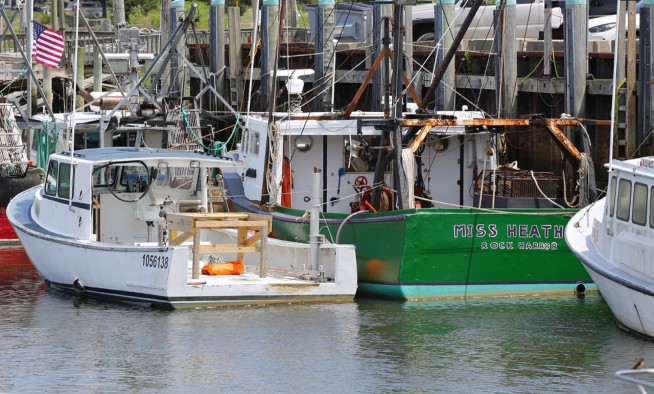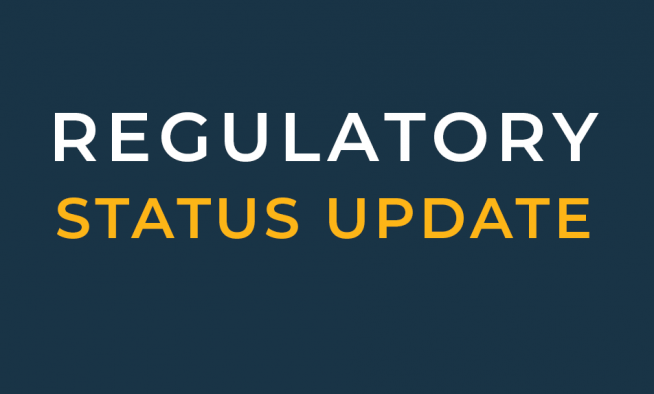Survey helps weigh effects of second homes
Cape Cod’s economy can’t be understood without accounting for its large share of seasonal homes. Second-home owners occupy nearly 40% of Barnstable County’s residential units, and represent roughly half of all seasonal homes in Massachusetts.
To better understand the role these homes and their owners play, the Cape Cod Commission went to the source, conducting a second of its kind survey.
Second homeowners were asked about their homes, how they use them now and plan to in the future, and how they participate in the region’s economy. The first survey was completed for the Commission in 2008.
The survey was conducted in Spring 2017 by the University of Massachusetts Donahue Institute. A random sample of 6,448 second homeowners on Cape Cod received written surveys, 1,300 of which were returned.
“We recognize the commitment second-home owners have to this region and the benefits they bring to communities,” said Paul Niedzwiecki, Executive Director of the Commission. “We also recognize how their buying power can influence the housing market and create ownership challenges for local residents.”
Survey findings will inform land-use planning, housing policy, economic development priorities and infrastructure needs across Cape Cod.
The Cape’s second-home owners are above average in terms of education and income. While a third of respondents acquired their second home in the last 10 years, 10% in the last three, more than a third have owned their homes for more than 25 years, with some remaining in the family for upwards of 100 years. More than half of the respondents live year-round in Massachusetts. In-state responses were dominated by the Boston-area counties of Middlesex, Norfolk and Suffolk, which represent a third of all respondents.
A new area of study is the effect climate change and sea-level rise play in the outlook of second home owners. Despite a majority of second homes located within a mile of the coast, fewer than 7% of expected any short-term impacts of coastal erosion or flooding. This grows to 11% in the next 25 years.
Respondents were also asked about changes in water quality since purchasing or constructing their home. A decline in nearby pond or coastal water quality was reported by 12% of second homeowners.
Key findings in the survey include:
- 71% did not rent their home in the previous 5 years
- Intensity of second home use is higher for rentals than personal, 22 vs 20 days in July and August for an average of 5 vs 4 people
- 19% plan to convert to primary residences in the next 20 years
- 38% of those converting plan to work
- 70% are within one mile of the coast, 27% within 1/4 mile and 14% are on the coastline
- 11% expect significant impacts from coastal erosion and/or flooding
- 75% participate in Cape arts, culture, nonprofits and charitable organizations.
- 95% purchase groceries, garden and building supplies on Cape for their second home.
- 60% said they use off Cape vendors for certain services because they aren’t needed when on Cape
- 13% indicated price was a factor when selecting off-Cape vendor and just 4% indicated lower quality of services
Survey findings are reported for the Cape as a whole and by four Cape sub-regions: Upper, Mid, Lower, and Outer.
LINK TO REPORT: Cape Cod Second Homeowners, June 2017
Related Posts




